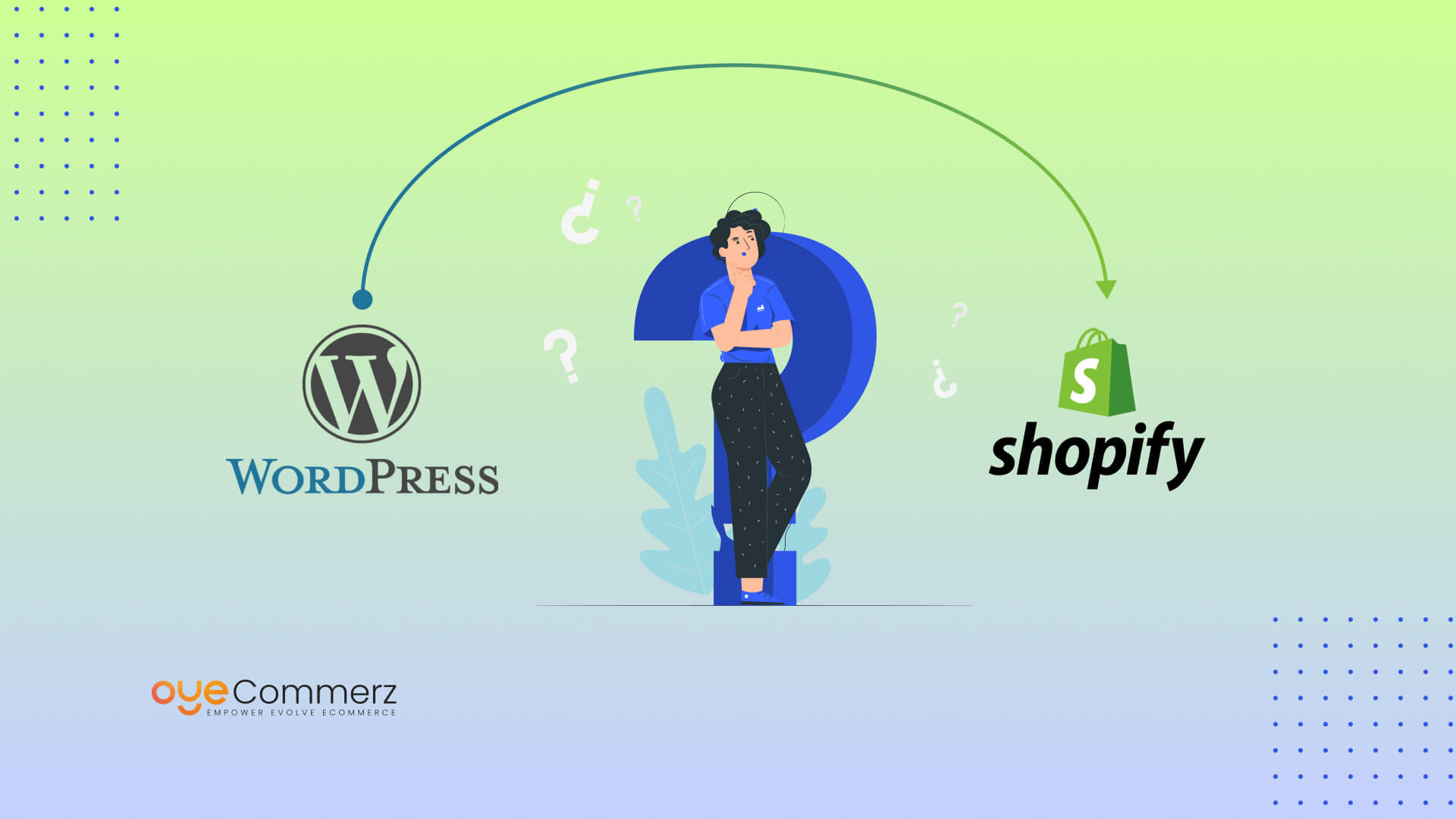In the ever-evolving sphere of online retail, selecting the best platform is essential for your company’s prosperity. If you’re currently using WP and planning a migration to Shopify, you’re not the only one. Countless businesses are making this transition to leverage Shopify’s powerful capabilities, user-friendliness, and growth potential. This guide will take you through the journey of migrating from WP to this platform seamlessly, ensuring that you unlock your online retail potential.
Why Migrate from WordPress to Shopify?
Ahead of diving into the migration process, it’s crucial to understand why this shift can be helpful for your eCommerce business:
Intuitive Design: Shopify provides an user-friendly interface that simplifies store operations, enabling for non-technical users.
Flexibility: As your company develops, Shopify can support higher traffic and sales without affecting speed.
Built-in Tools: Shopify includes pre-installed tools for search engine optimization, analytics, payment handling, and more, eliminating the need for multiple plugins.
Advanced Safeguards: With Shopify, you get access to advanced security protocols that secure critical customer information.
Steps for a Seamless Migration
Migrating your online store from WordPress to Shopify includes multiple steps.
Here’s the way to facilitate a successful transition:
Plan Your Migration Approach
Begin by drafting your migration blueprint. Pinpoint which components of your current site you plan to move, such as:
Inventory information
User optimize Shopify store performance details
Transaction records
Blog content
Pick the Best Migration Solution
Considering your requirements, opt for a migration plan that fits your eCommerce goals. Migration experts provides multiple choices:
Basic Migration Package: Perfect for small stores with fewer products.
Regular Option: Appropriate for mid-range businesses with more complex requirements.
Advanced Plan: Excellent for big stores demanding custom customization.
Secure Your Content
Ahead of initiating the migration, make sure that you have a full copy of your WP site. This step is critical in situations where anything goes Shopify SEO optimization tips wrong during the transfer.
Extract Your Content from WordPress
Use tools or alternative solutions to transfer key content from your WordPress site:
Items
Users
Transactions
Blog posts
Migrate Content into Shopify
When you have your content extracted, utilize Shopify’s import tools or third-party apps to transfer your data into your updated store. Confirm that all data is properly structured and placed.
Customize Your Shopify Platform
Following uploading content, adjust your Shopify platform’s theme to reflect with your brand identity. Think about working with a specialist if you need complex customization.
Configure Checkout Systems and Shipping Options
Arrange billing solutions and logistics options in Shopify to ensure a seamless purchase experience for customers.
Apply Search Engine Optimization Best Practices
To preserve your SEO performance during the migration:
Use 301 redirects from old URLs to migrated ones.
Refresh meta tags.
Adjust media and copy for search engines.
Evaluate Your New Platform
Before going live, thoroughly review your migrated site. Identify any errors, transaction errors, or incomplete files.
Launch Your Platform
After everything is in order, it’s time to go live! Announce the transition to your customers and motivate them to experience the updated capabilities of your Shopify store.
Post-Migration Assistance
Post launching your updated store, ongoing assistance is essential. Consider engaging service providers who can guide with:
Site maintenance
Promotional campaigns
Improvement strategies
Conclusion
Migrating from WordPress to this platform can be a crucial step for your eCommerce. By adopting this guide and working with tools like those offered by OyeCommerz, you can achieve a smooth transition that enhances your business potential. Embrace the change and realize the advantages of Shopify today!
